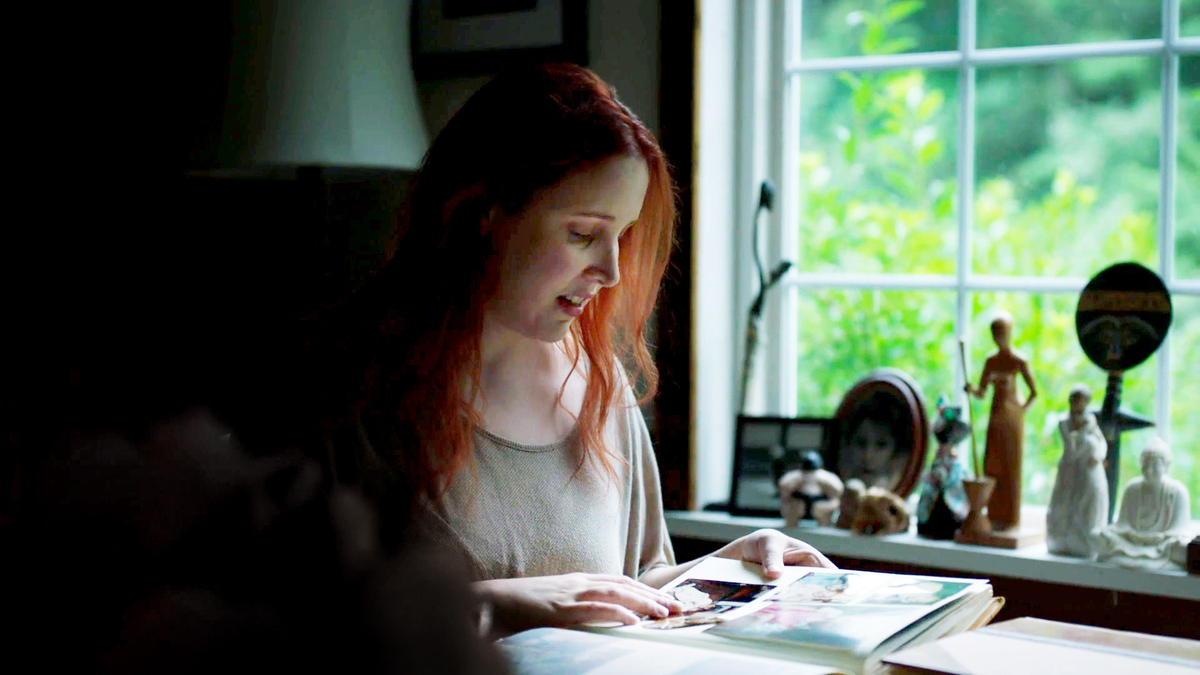
Essential Doc Reads is our curated selection of recent features and important news items about the documentary form and its processes, from around the internet, as well as from the Documentary magazine archive. We hope you enjoy!
Allen vs. Farrow, the HBO documentary series from Kirby Dick and Amy Ziering about the 1992 child molestation allegations against Woody Allen, has been a hot topic of discussion this week, with some pundits, such as The Guardian’s Hadley Freeman taking issue with what was omitted from the story.
“For the past 20 years he was able to run amok,” Dylan complains, and it’s true, he was. And he will continue to do so because he was investigated, twice, and no wrongdoing was found, which is exactly what this documentary finds, too. There is an understandable and admirable fear among the public to not repeat the mistakes of the past: to not disbelieve women, to not downplay the trauma of sexual abuse. But not all allegations are the same, and some cases are too complex to fit into the black-and-white template mindset of activism.
The Intellectual Property, Arts and Technology Clinic at UC Irvine School of Law just published a massive study of fair use decisions over the past two years.
Last year in the UCI Intellectual Property, Arts, and Technology Clinic, our Filmmaker Counseling team began to hear of a rising number of fair use opinions coming out of the federal courts, and we decided to embark on an exhaustive study of recent fair use decisions in copyright infringement cases. In total, we identified and analyzed seventy-two opinions issued by federal courts and made available on Westlaw or Lexis between January 1, 2019, and February 25, 2021. In our report “Fair Use Jurisprudence 2019-2021: A Comprehensive Review,” we summarize the cases and provide some analysis. An abridged version of our case summaries is available in this table.
Dan Einav of the Financial Times asks, Will political documentary survive the age of Netflix?
For Ai, the reasons are transparent. “The film industry relies so heavily on Chinese investment and access to the Chinese market . . . Any company with business in China accepts censorship from that regime.” And he fears that this risk-averse attitude towards political film-making will discourage new dissenting voices. “The message that has been sent is clear: you cannot survive if you question power.”
Writing for Woche der Kritik, Abby Sun addresses the current state and future of film criticism.
More than seven decades on, critics now have advance digital screeners, press screenings, and so forth to further distinguish ourselves from a general audience. Yet despite often greater industrial knowledge of production, our curiosity almost never extends towards distribution and exhibition outside of fundamentally uncritical trade reporting. When we position the individual critique of films without illuminating their systemic context, no matter how sycophantic or antagonistic, across the world, the festival report and film review will remain an extension of festival marketing and film publicity.
Olivia Broadley of SohoNet talks to the post-production team behind Ken Burns and Lynn Novick’s forthcoming docuseries on Ernest Hemingway and how they managed the process during the pandemic.
White has already moved onto other Burns’ projects on subjects as diverse as Muhammad Ali, the American Buffalo and the holocaust. Even as the pandemic eases the most immediate concerns of working in a facility, remote solutions have opened up a flexible work environment that won’t be reversed. “Now that we have these tools in the future we won’t need to travel as much,” says White. “If we’re setting looks it would be nice to sit in the room with your colorist directly or to point to something on a screen to your online editor. Many people will want to do their final review in the facility too. But for two-thirds of the process, including titles or graphics sessions, you can do it from the comfort of your couch.
From the Archive, January 2021 Online: "The Dissident: Giving Voice to the Silenced”
“What we're seeing is that business interests, shareholder value, and the allure of Saudi money and investment are much more powerful than human rights, than standing by truth-tellers or fighting for justice for Jamal or for the countless thousands of people who sit in Saudi prisons who have done nothing more than send a tweet criticizing the Kingdom. It speaks to a very sad day for filmmakers such as myself, who are willing to take these risks, who want to bring these stories to light. And American media companies are essentially, through their complicity, silencing these voices. In their silence, in their choosing not to distribute this film, they are sending a message to the world that these behaviors will be tolerated. I'm an idealist, and believe that if these business leaders, that have the ability to really do something about it, and choose not to, what kind of place is our world?”
In the News
Berlinale Names 2021 Awards Winners
Inaugural AIDC Award Winners Announced
Writers’ Guild of Canada Announces Screenwriting Award Nominees
Podcast Academy Names 2021 Ambies Nominees
University of California Berkeley Announces Excellence Awards
CPH: DOX Announces Forum Projects
SXSW Names Film Festival Juries
RIDM Appoints Marc Gauthier as Executive Director
Hot Springs Documentary Film Festival Announces Changes in Leadership
The Why and Odense International Film Festival Open Film Competition To Put Spotlight on Plastic Pollution
Netflix and Ghetto Film School Partner for Documentary Fellowship
IFC Center Reopens in NYC
Alamo Drafthouse Files for Bankruptcy; Closes Three Locations
Spike Lee Set To Produce Docuseries on 20th Anniversary of 9/11 Attacks in NYC for HBO
Lifetime and A&E To team on Janet Jackson Docuseries
Discovery+ Picks Up Rebel Hearts